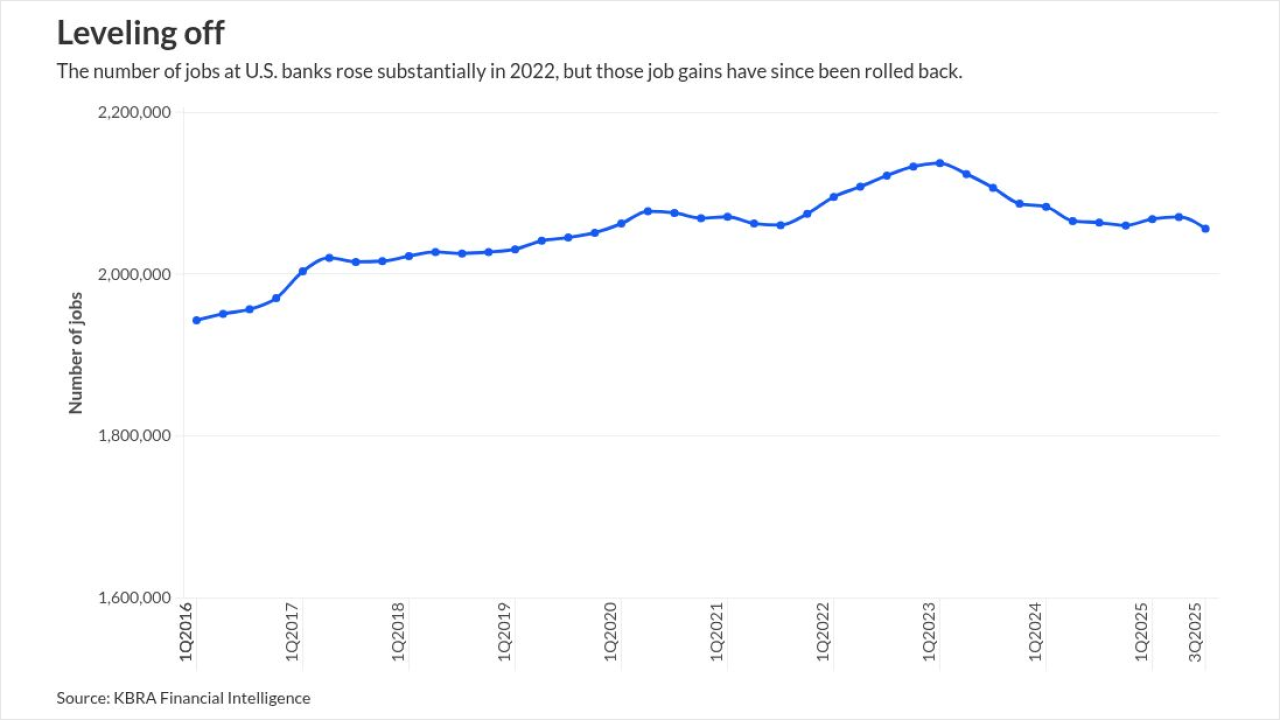
A senior bank executive recently asked me a question I've heard more than once following a speech.
She walked up and asked if I had been a comedian in a former life. I told her that I had not … but that more than a few of my former bosses have called me a clown.
When she said, "Oh … no, I meant that as a compliment," I chuckled and said, "Well, I was going to take it as one regardless of how it was meant."
I explained that I'm a believer in the power of humor and absurdity when it comes to sharing information, teaching classes, or simply offering a group some observations or suggestions.
Humor tends to increase both attention and retention. It also helps simplify complex concepts and can even disarm difficult subjects.
Right on cue, she smiled and said she was going to steal a particular analogy I had used about defining and protecting our work cultures. It's an example I started using a few months ago, and it seems to resonate with leaders across multiple generations.
Few things will
When I share that thought, I clarify that I'm not referring to the occasional misstep or a new employee who hasn't yet received adequate training, coaching or feedback.
I'm talking about individuals who, regardless of the reason, consistently display attitudes, behaviors or habits that undermine the environment and standards management is trying to promote.
I emphasize that our
In fact, many seasoned leaders will tell you that your words and "mission" mean little if negative or
When making that point, I suggest that leaders take a lesson from my favorite management movie of all time.
The guesses usually run the gamut from "Moneyball" to "Glengarry Glen Ross" to "Office Space."
I then tell them that my favorite management movie is "Road House." As the chuckles begin, I assure them that I'm serious.
Oh sure, most people would call it an action movie. Some might even see it as a love story. But I argue that, at its core,
I explain that the Double Deuce was in serious trouble. For one thing, there's not enough profit margin in a bar to cover replacing half the chairs and tables every week because they're being smashed over patrons' heads.
At his wits' end, the owner brings in legendary management consultant (or, "cooler") Dalton, played by Patrick Swayze. Unlike many consultants, Dalton has actually done the job before and knows what he's doing.
Dalton begins by carefully assessing the situation and observing the staff. He quickly identifies toxic behavior and a broken culture.
Some employees appear to be decent people who just want to do their jobs. Others behave in ways that make it difficult for anyone to succeed.
In an all-hands meeting, Dalton explains how and why things are going to change and what the new expectations will be.
OK, "I want you to be nice … until it's time to not be nice" may not have come from a Ken Blanchard book, but it sets expectations for behavior and conduct.
When several employees refuse to align with management's vision for a better work environment, they are promptly set free to take their talents elsewhere.
Sure, Dalton's team meetings and exit interviews may be a bit more confrontational than most HR departments would prefer, but the essence of his actions remains valid.
When I mentioned to my wife that I was thinking of using the "Road House" example in presentations, she offered great coaching. I believe her words were, "That might be the dumbest thing you've ever said."
Undeterred, I ran my thesis past an expert in analytical logic — ChatGPT. I was reassured to learn that Dalton's actions actually track with modern management best practices.
ChatGPT agrees that his approach reflects sound leadership by setting clear expectations and refusing to tolerate toxic behavior that undermines the team. His method reinforces the principle that a healthy culture is shaped just as much by what leaders reject as by what they promote.
Few empathetic leaders would list "enforcing standards" as the most enjoyable part of their job.
But even fewer would deny its importance to the well-being of their teams and the customers they serve.
What behaviors will you celebrate — and what will you not tolerate — this month?





